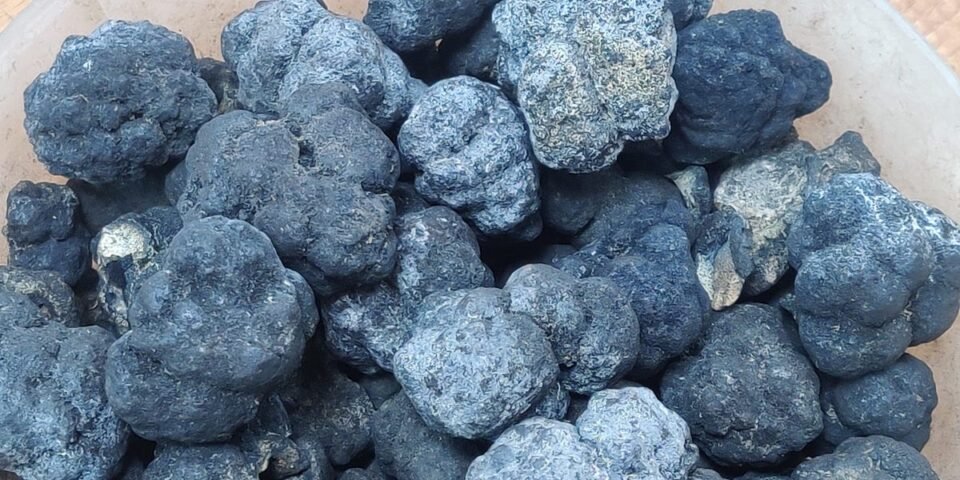- Norway is set to become the first country to move forward with deep-sea mining in its waters.
- The move is controversial as it could pose a risk to marine environments.
- Industry experts don’t expect deep-sea mining to start before at least the early 2030s.
Norway is set to become the first country to open its seas to commercial deep-sea mining, despite concerns about the industry’s potential to destroy marine life.
The proposal, which is up for a parliamentary vote, is expected to pass without opposition on Tuesday as it has received cross-party support, the BBC reported Monday.
It could open 108,000 square miles of Norway’s national waters to commercial deep-sea mining, per the BBC.
While some deep-sea mining tests have been allowed to run on a small scale, no country has yet allowed commercial exploitation of its deep sea floors.
The industry would seek to collect rare minerals like lithium, scandium, and cobalt from nodules and crust found on the ocean floors.
“We need minerals to succeed in the green transition. Currently, the resources are controlled by a few countries, which makes us vulnerable,” said Minister of Petroleum and Energy Terje Aasland in a statement foreshadowing the move in June.
The Norwegian government said that it will only start issuing permits for exploitation once the environmental risks have been assessed, per the BBC.
Industry experts don’t expect exploitation to start before at least the early 2030s, according to Walter Sognnes, head of Norwegian start-up Loke which plans to apply for a license, Politico reported.
The move is in stark contrast with the approach taken by other countries like the UK and the European Union, who called for the practice to be temporarily banned, per The Guardian.
Environmentalists have warned that not enough is known about deep-sea environments to safely exploit them for commercial use.
Concerns include damage to local sea life, knock-on effects to fish stocks, and potential climate impacts, according to global nonprofit the World Resources Institute.
“The seabeds have taken thousands of years to form, and the damage will be irreparable on similar timescales,” said microbial ecologist and professor Lise Øvreås of the University of Bergen in Norway.
“The narrative that deep-sea mining is essential to meeting our climate targets and thus a green technology is misleading”, said Michael Norton, EASAC Environment Director.
Local fisheries have also expressed their concerns.
“We do not have enough knowledge about how this affects the fish stocks, and therefore also the possibility of sustainable fishing,” said Odd Kristian Dahle, head of communication at the Association of Norwegian Fishermen, per Politico.
Proponents argue that the supply of rare minerals will quickly fall short given modern-day demand on supply. Experts predict demand for these minerals could rise 400%-600% in the coming decade.
There are very few places in the world where these rare minerals can be found on the surface. This increases the risk that countries could be cut off from their supply in case of political instability.
For instance, the Democratic Republic of Congo, a long-embattled country, holds the world’s largest reserves of cobalt.
NOW WATCH: Popular Videos from Insider Inc.
Loading…

